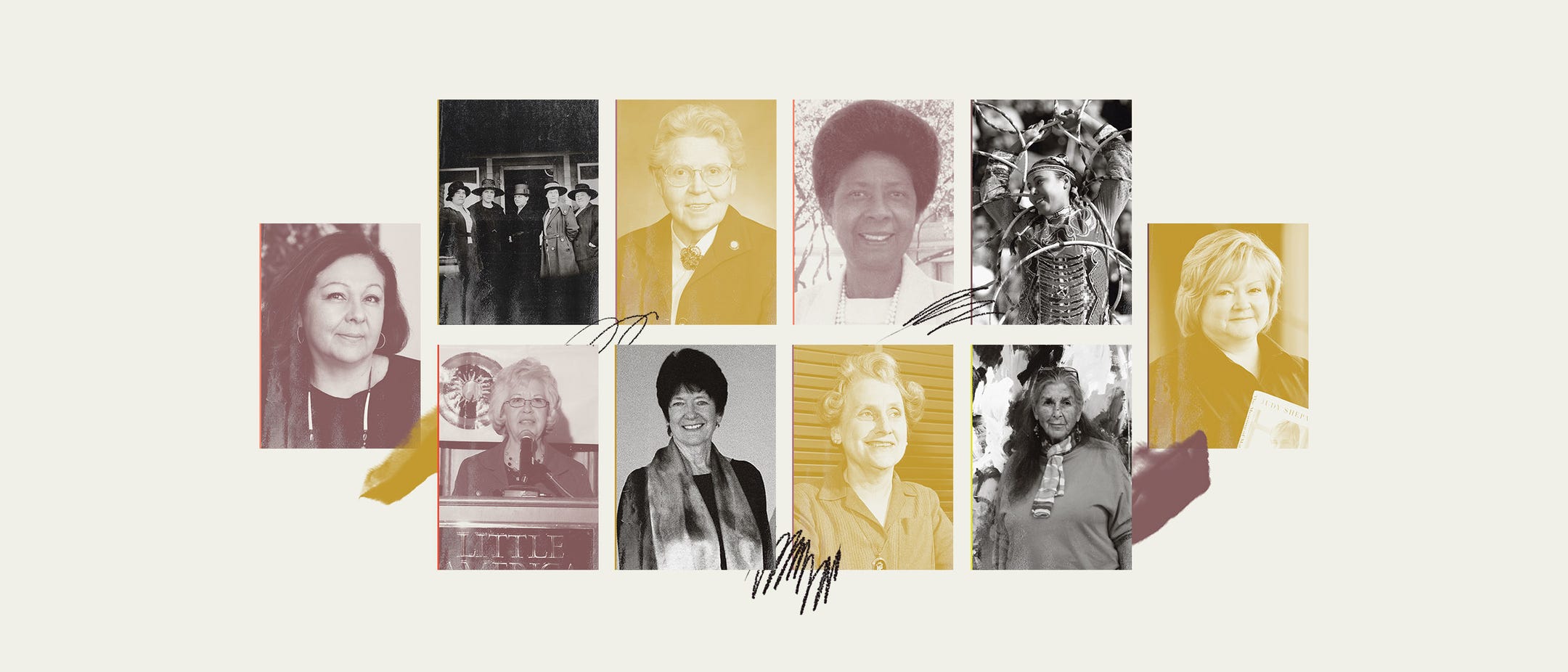
Women in Wyoming are filled with grit. Whether it's withstanding long, lonely winters on the homestead when your nearest neighbor is miles away or rising above the death of your husband and running a successful election campaign to become the first female governor like Nellie Tayloe Ross, Wyoming women have shown their strength, tenacity and leadership for many years.
Wyoming has long celebrated that it was the first state in the nation to grant women the right to vote with no restrictions in 1869. It’s even in the state motto: “equal rights.” Months after the law was passed, women were allowed to serve on juries, and Louisa Swaine became the first woman to vote in Laramie. Esther Hobart Morris became the first woman in the nation to hold public office as a justice of the peace in South Pass City. For 150 years, women in Wyoming have proved time and time again that they have a seat at the table.
This year, to commemorate the 100th anniversary of the 19th Amendment, when American women won the legal right to vote, the USA TODAY Network is naming 10 women from every state, plus the District of Columbia, as “Women of the Century.” These women have made significant contributions to their communities, states and country with documented achievements in areas like arts and literature, business, civil rights, education, entertainment, law, media, nonprofits and philanthropy, politics, science and medicine, and sports.
In Wyoming, a panel of experts was assembled to help develop the state's list. As part of the panelists' dedication to finding a diverse set of women, they looked far and wide from the Arapahoe and Shoshone tribes to LGBTQ activists to fourth-generation Wyomingites.
The 10 women below are a snapshot of the long list of women throughout the state who inspire those around them and their communities. Women who didn’t make the final list were dynamic, such as Nina McConigley, an award-winning writer focusing on cowboy culture and East Indians’ place in the American West, and Betty Woolsey, the captain of the first Olympic women’s ski team in 1936. It was almost impossible to choose a final group of women based on all that these women had accomplished.
Nellie Tayloe Ross
First female governor in the United States and Wyoming
(1876-1977)
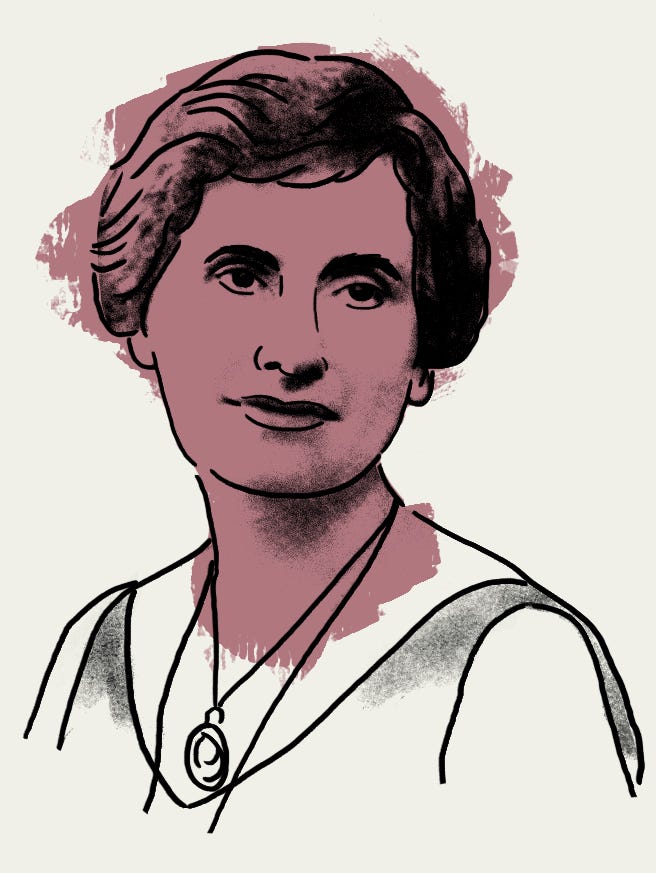
Nellie Tayloe Ross was the first female governor in the United States and Wyoming. She was elected in 1924 after the death of her husband, William B. Ross, the former governor of Wyoming. She ran even as many people, including her brother George, said she shouldn’t. “No one ever wanted it more,” George wrote to his wife about Ross’s gubernatorial run.
Ross was elected with 8,000 votes over the Republican candidate and was inaugurated on Jan. 5, 1925. As governor, Ross pushed for progressive policies including forcing schools to create budges, tax relief for farmers and ranchers, protecting women in industrial jobs and supporting a Constitutional amendment reducing child labor. Still dressed in her mourning clothes, Ross spoke at the Women’s World Fair and even fired two men in the Wyoming government for being drunk at a time when Prohibition was at its height. “Something entirely new seems to have been given me,” she wrote George about being calm during the conflict.
She lost her reelection bid in 1926 but continued in politics. She became director of the Women’s Division of the National Democratic Committee in 1928 and was named director of the Bureau of the Mint by President Franklin D. Roosevelt in 1933.
The 1920 all-female Jackson Town Council
Mayor Grace Miller (1862-1948), Rose Crabtree (1883-1955), Mae Deloney (1880-1955),
Genevieve Van Vleck (188?-1936), Faustina Haigh (1876-1973)
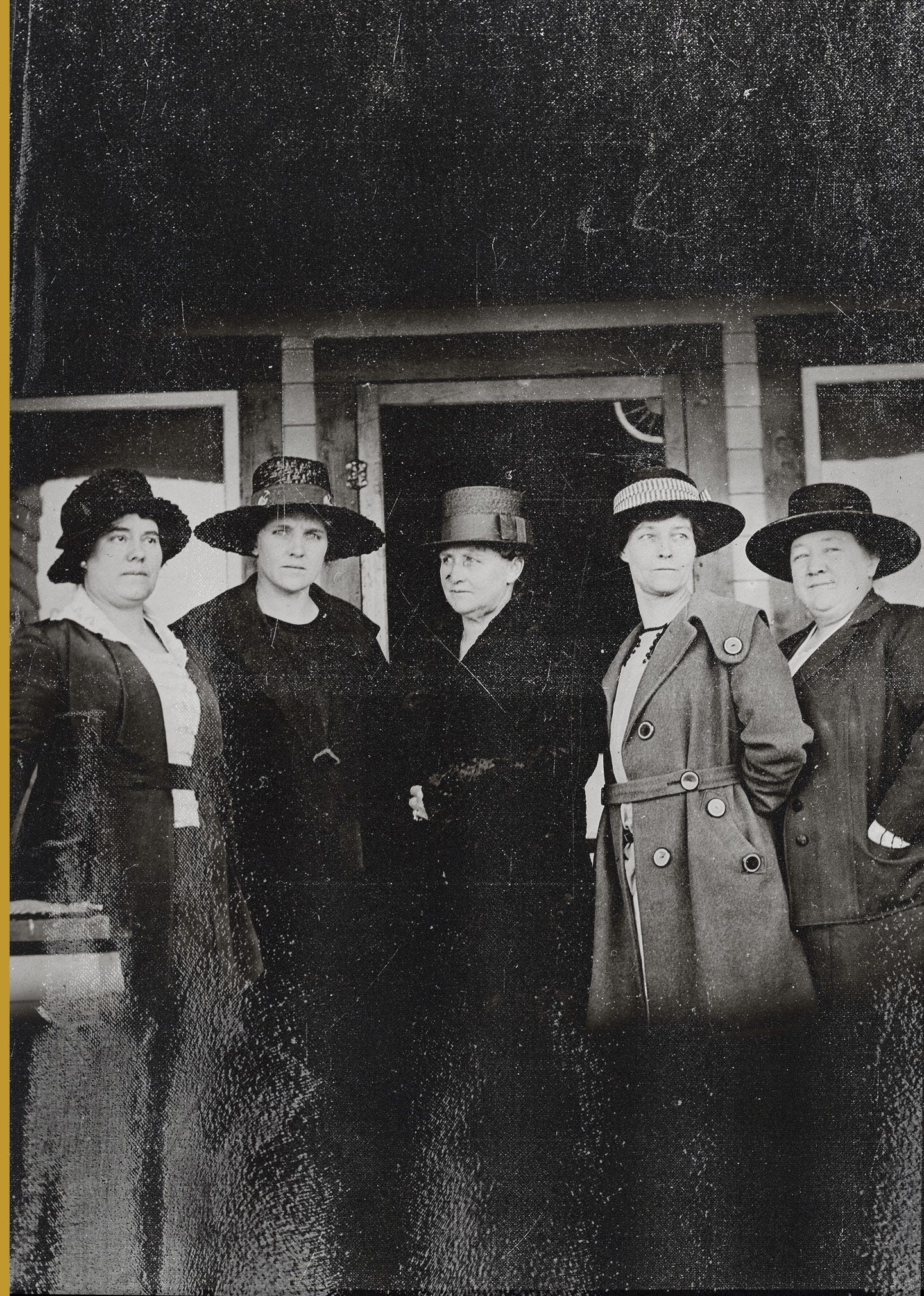
Known as the “Petticoat Government” or the "Petticoat Rulers" Mayor Grace Miller, Rose Crabtree, Mae Deloney, Genevieve Van Vleck and Faustina Haigh were the first-all female town council in the state. Based in Jackson Hole, the women were elected in 1920 after being nominated by the townspeople.
“My recollection is that it was not in protest to former administration, nor, really, a matter of politics, but just an impulsive and spontaneous gesture on the part of an assembled Town Caucus, to give women a chance to run things,” Town Clerk Winger wrote in a 1981 letter that is now housed at the Jackson Hole Historical Society and Museum. “It was a very small town, and I remember the delight everybody felt when the event met with such enthusiasm from the press and papers all over the country carried the story. The ladies were besieged by investigative reporters – and Jackson was on the map.”
At the time, Jackson had only $200 in the town’s account. The women went out and personally collected all taxes owed and had $2,000 in two weeks. They also passed public health laws and criminalized littering as a way to clean up the town.
Van Vleck’s house still stands in Jackson and is now the popular restaurant, Cafe Genevieve. There you can see a photo of the five women standing on the porch after one of their “petticoat” meetings.
Liz Byrd
First African American elected to the Wyoming Senate
(1926-2015)
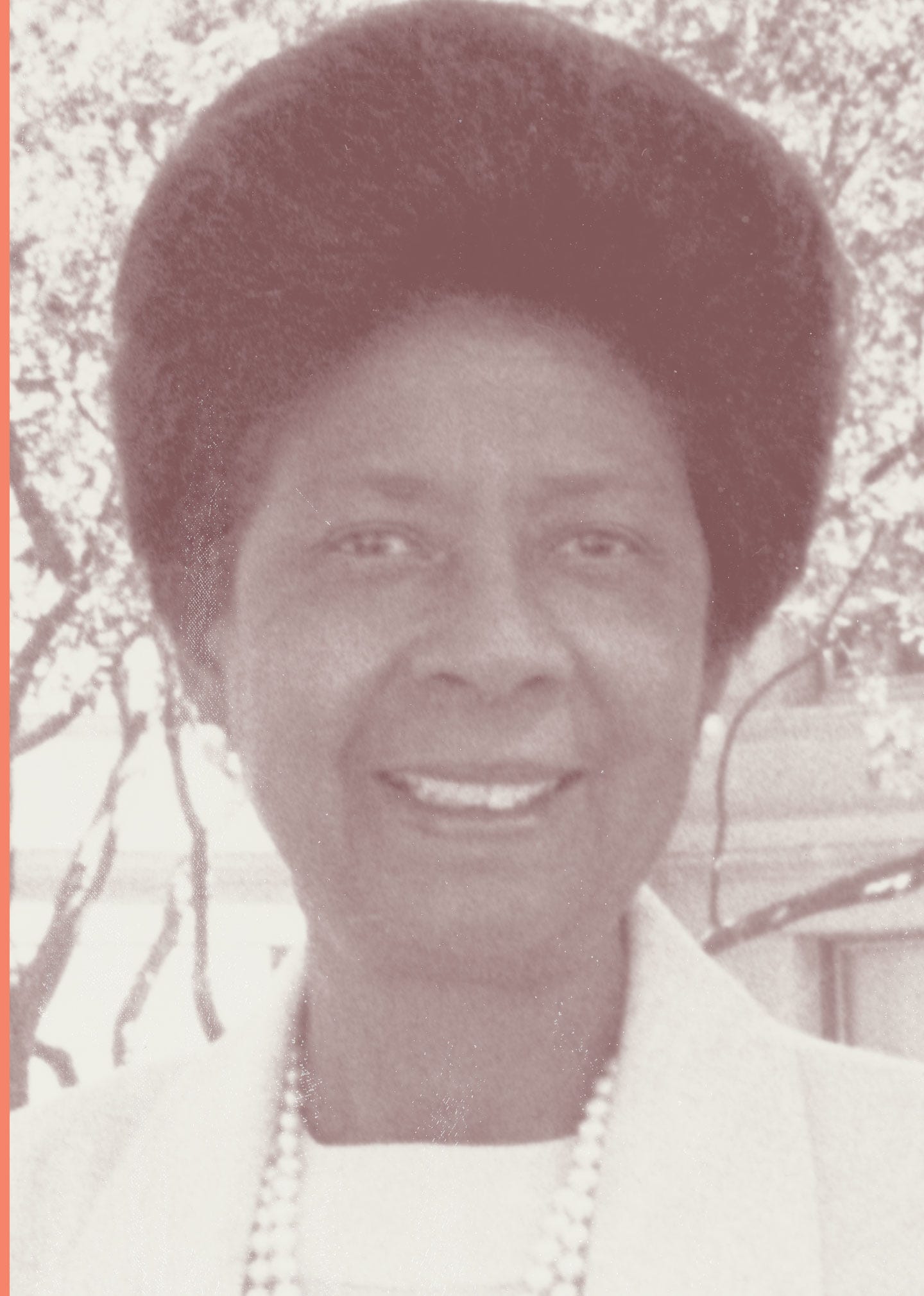
The first African American to serve in the Wyoming State Senate, Liz Byrd was a fourth-generation Wyomingite from Cheyenne. She was denied entry to the University of Wyoming because of her race in 1944, and when she came back to the state with an elementary education degree, Laramie County School District No. 1 rejected her job application in 1949. Byrd worked at Fort F.E. Warren Air Force Base in Cheyenne, teaching the 3450th Technical Training Wing. She was eventually hired by the school district in 1959 and became the first Black teacher in the state at Goins Elementary.
Byrd was elected to the state House of Representatives in 1981 as a Democrat and was elected to the state Senate in 1989. She served two terms and was responsible for the state recognizing Martin Luther King Jr. Day as a paid holiday in 1990. However, the state still calls it Wyoming Equality/Martin Luther King Day, as it was the only way for Byrd to have the state recognize the civil rights leader's birthday.
During her time in the state Legislature, Byrd helped pass legislation providing parking for the disabled, creating social services for adults and enforcing the use of child safety restraints for Wyoming’s citizens.
Judy Shepard
Activist; mother of Matthew Shepard, who was murdered in an anti-gay hate crime
(1952- )
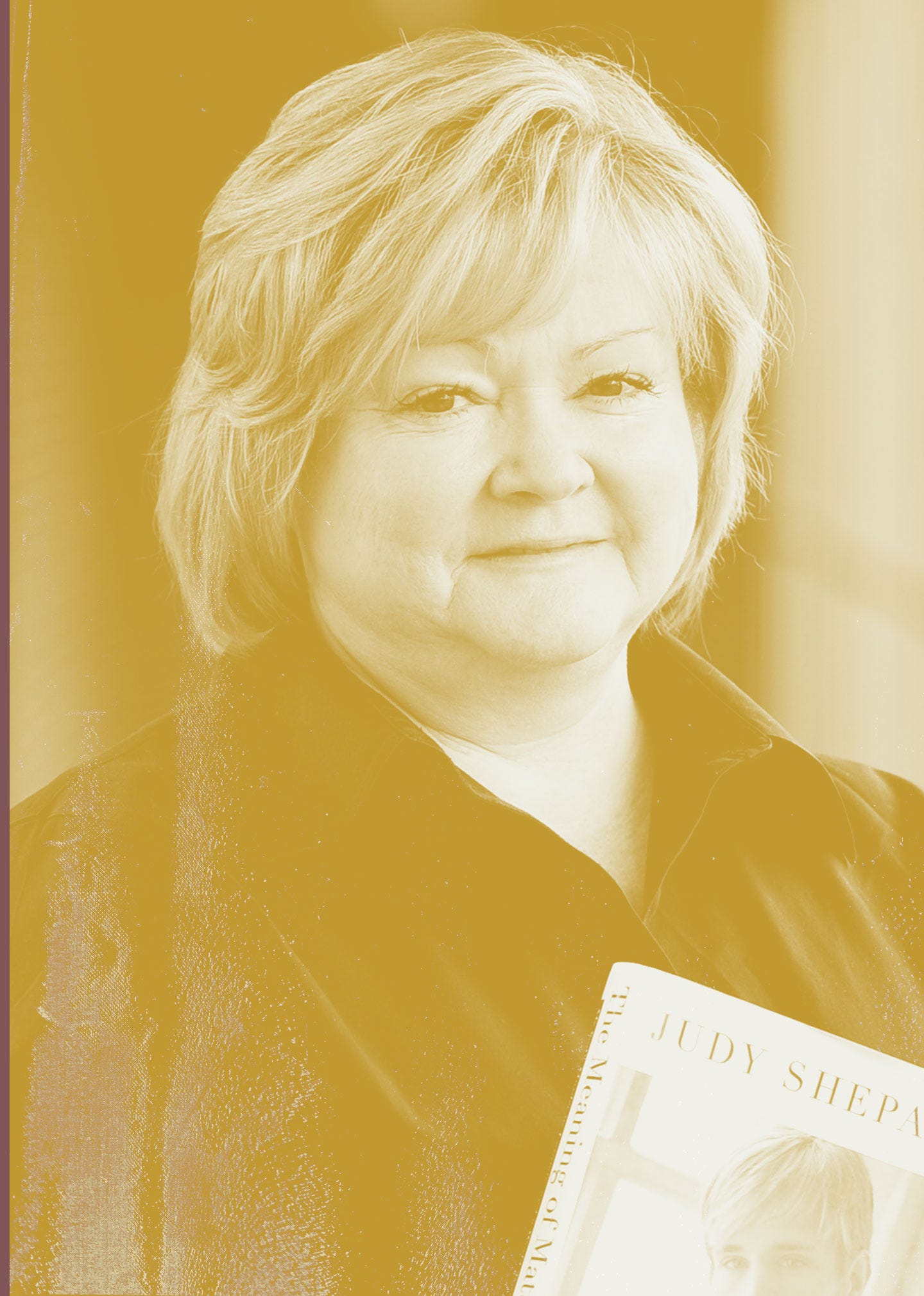
After the anti-gay-motivated murder of her 21-year-old son, Matthew, in 1998, Judy Shepard created the Matthew Shepard Foundation, dedicated to social justice and LGBT rights. Shepard has pushed for federal hate crime legislation protecting LGBT people and continues to speak across the nation about Matthew’s legacy. A statewide law to prosecute hate crimes in Matthew’s name was passed in 2009.
“We keep Matt’s story alive and look to turn bystanders into activists,” she wrote in a 2016 HuffPost opinion piece. “We all have our story to tell. When we all finally stand up and demand equality, the scourge of hatred will wither and disappear.”
Judy and her husband still live in Casper, where they continue their mission to honor their son.
Neltje
Artist
(1934- )
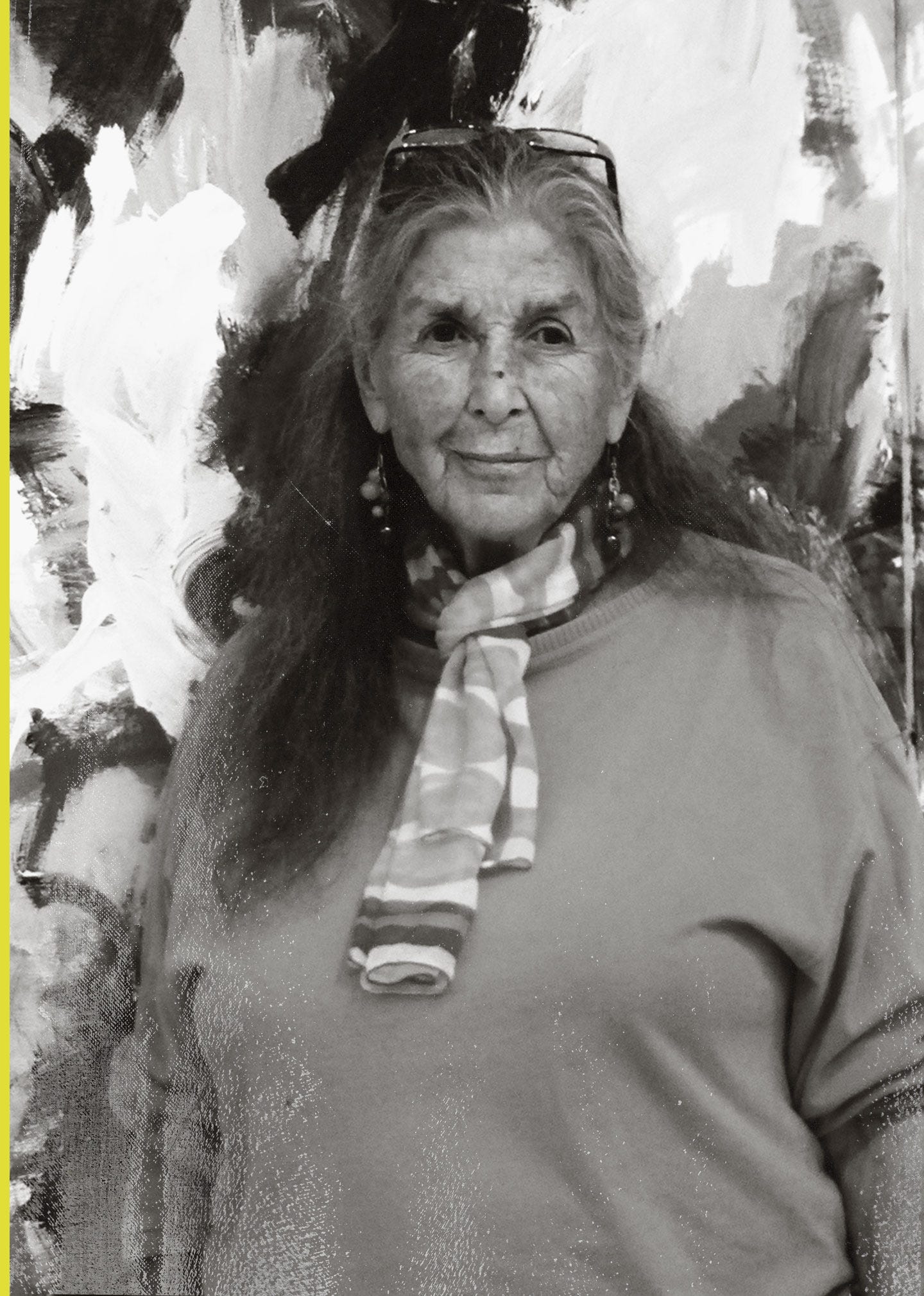
An accomplished artist, Neltje is known across the state for her work and business. After divorcing her first husband and her heiress New York lifestyle (her grandfather started Doubleday Publishing), Neltje, who legally dropped her last name, moved to a ranch in Wyoming during the 1960s with her two children. While her life has been marred by difficulty (she was sexually abused by a relative when she was a child, her second husband almost bankrupted her, and she has struggled with alcoholism), Neltje hasn’t let it slow her down. She bought the Sheridan Historic Inn in 1967 and reopened the saloon a year after extensive renovations. She operated the inn for 18 years.
According to Women in Wyoming, Neltje started an artist residency at her ranch in Banner and established Turned Antiques, a store filled with items from her travels. Her artistic work is shown across the state.
“I don’t know what my favorite color is. Probably red ... because it’s outrageous. It demands courage, strength and an unwillingness to be put down,” she told Women in Wyoming.
Ann Esquibel Redman
Founder of the Wyoming Latina Youth Conference
(1935- )
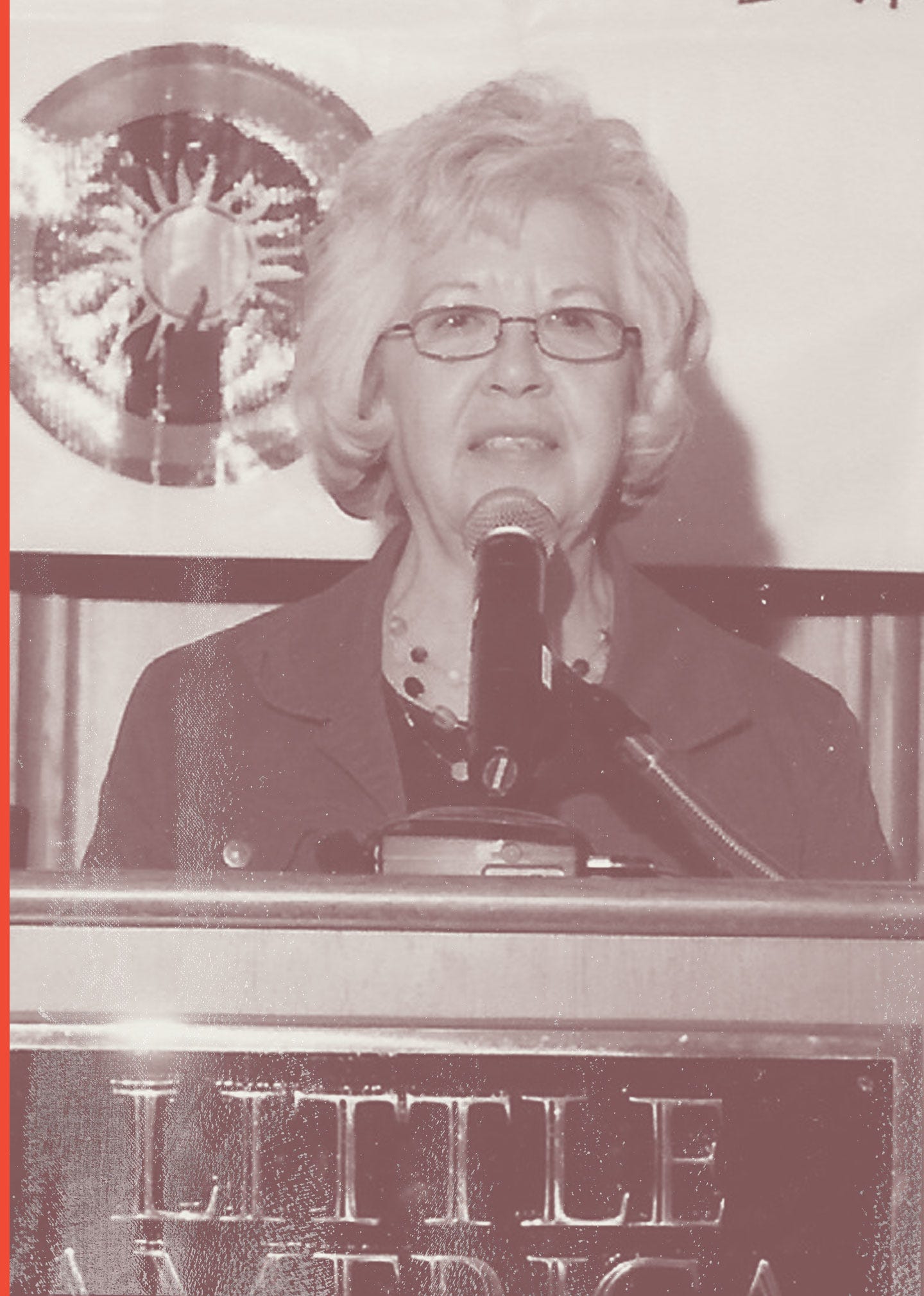
Ann Redman has become a mentor for many young girls as the founder of the Wyoming Latina Youth Conference is a nonprofit dedicated to mentoring and educating young Latina women and girls.
Breaking stereotypes for Latinas living in the U.S. in the 1950s, Redman went to college and got an office job. Years later, Redman worked for the state of Wyoming, including being an International Trade Assistant and Protocol Officer. She worked for the state for 22 years and worked with many former governors. She was on the planning committee for the state’s centennial celebration. In 2017, Redman received the Woman of Influence Lifetime Achievement Award from the Wyoming Business Report.
To empower the Hispanic community in Wyoming, Redman also launched the Hispanic Organization for Progress and Education (HOPE), which supports Latinx students wishing to go to college with scholarships to Laramie County Community College.
Clarene Law
Businesswoman known as the “matriarch of the tourism industry”
(1933- )
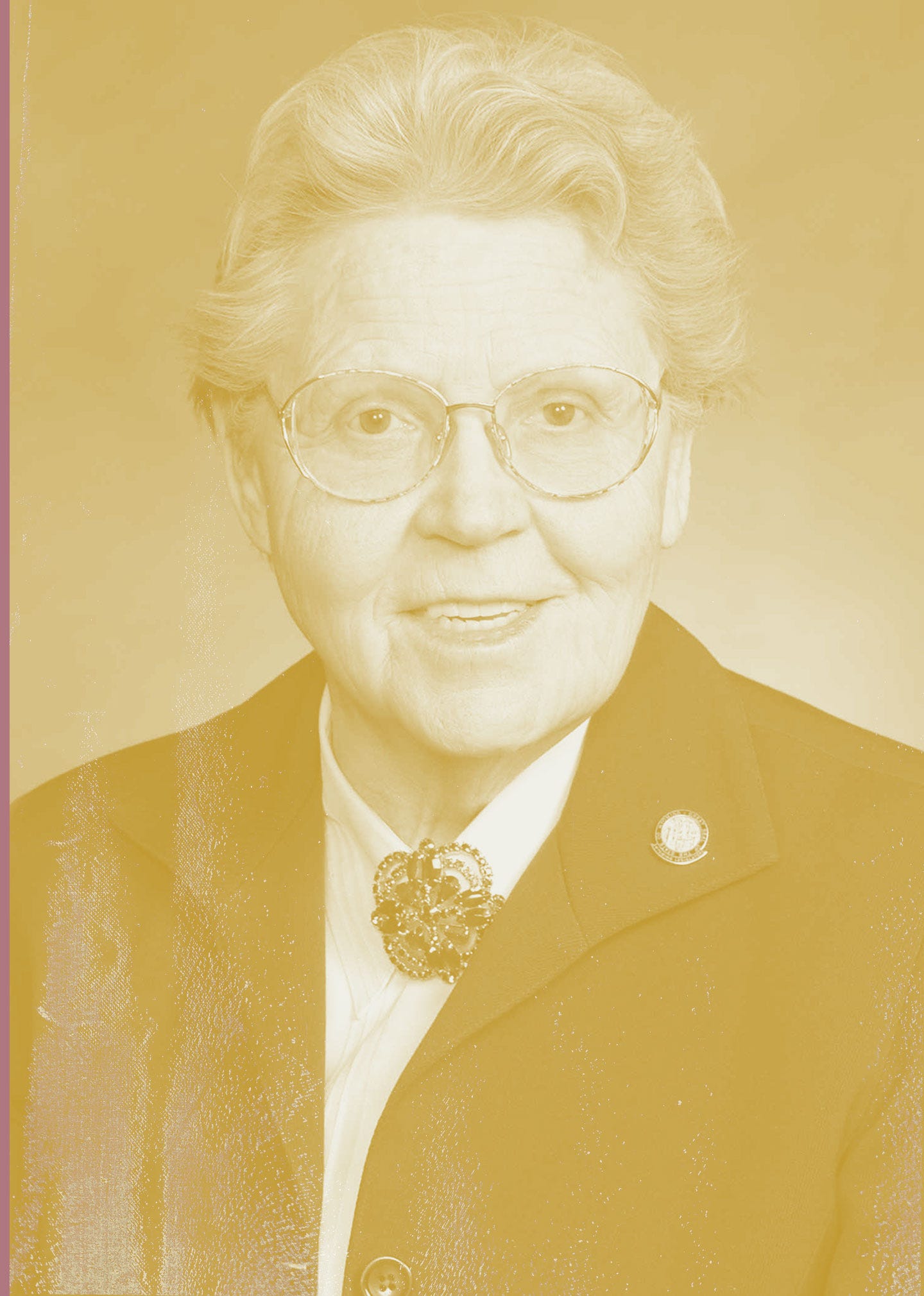
Self-made businesswoman and “matriarch of the tourism industry,” Clarene Law bought the Antlers Inn in Jackson Hole in 1962 with her first husband. Law remarried and she and her new husband bought the inn, and they started to grow their hospitality business. Town Square Inns, her family’s business, owns five motels across Jackson Hole with 400 bedrooms. Even today, she still works at Antler’s Inn and will pick up the phone most days to schedule a reservation.
Law is an institution in the Jackson community, having started the Wyoming Business Council, and was an original member of the Jackson town planning commission. Law dedicated 14 years to the state Legislature, serving on the Minerals, Business and Economic Development Committee and the Travel, Recreation and Wildlife Committee.
“The only way you do things, you don’t do things alone. ... There is no such word as just me. It is all of us. It’d take everybody in my life to make what I am today,” Law said in an interview with Women in Wyoming.
Ray Fleming Dinneen
Founder of Climb Wyoming
(1956- )

Dr. Ray Fleming Dinneen started Climb Wyoming in 1986 with the idea of helping young single mothers out of poverty by building meaningful and lasting relationships with other women across the state.
Forty percent of single moms in Wyoming live in poverty. Her program provides life skills, mental health services, job training (including training for heavily male-dominated industrial jobs), and placement and graduate services. In 2018, participants in Climb Wyoming ranged from 17 to 67 years old.
“They care so much about improving their lives for their children, but often feel trapped and don’t know how to change their situation,” Dinneen told WyoFiles in 2014.
Dinneen and Climb have been recognized nationally as one of the top 10 best programs for helping women and families out of poverty.
Lynette St. Clair
Linguist educator
(1966- )
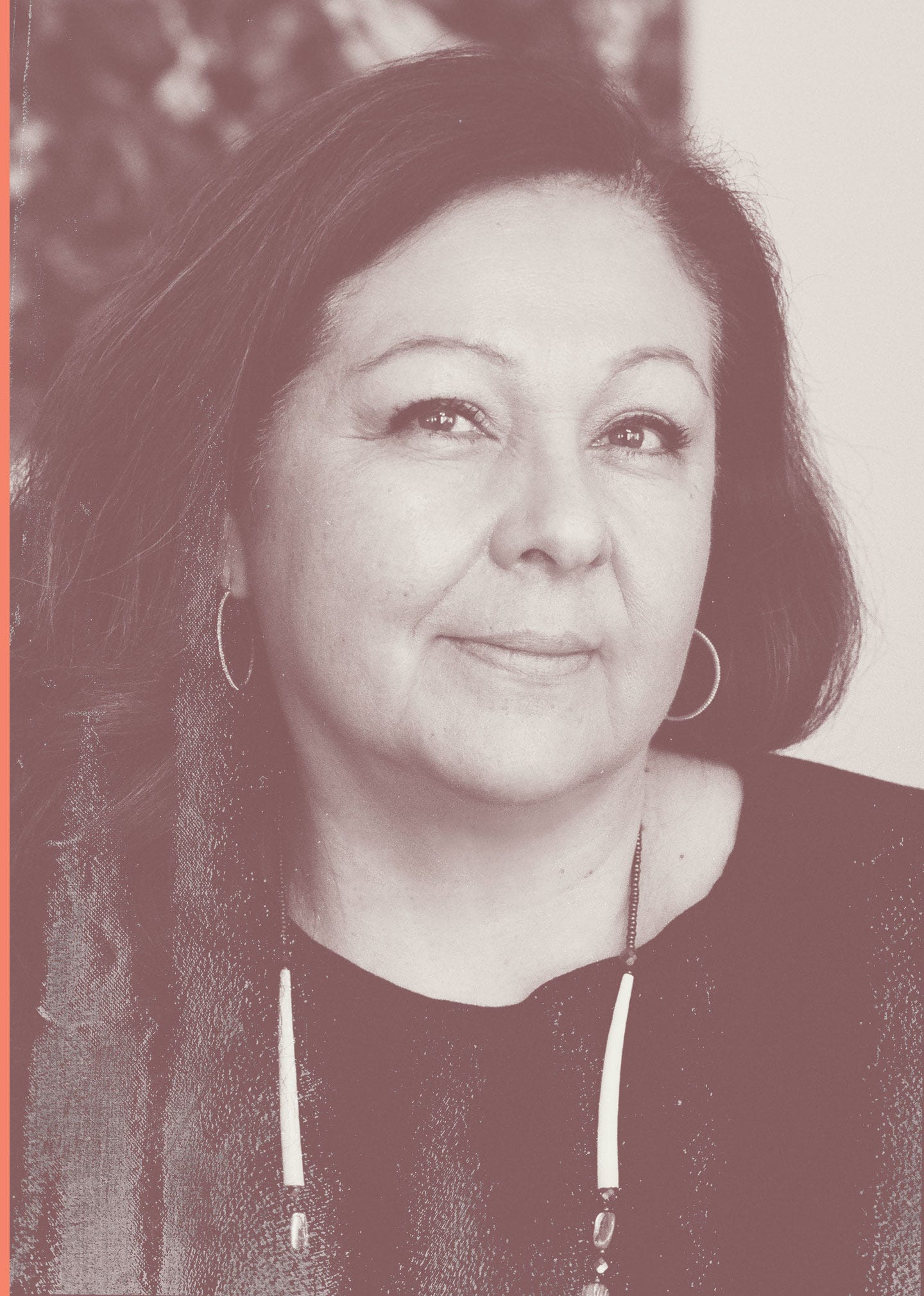
Lynette St. Clair grew up in Fort Washakie, Wyoming, on the Wind River Reservation and became a linguist educator for the Freemont School District. She taught the Shoshoni language and culture in her classroom at the Wyoming Indian Middle School.
She partnered with Wyoming PBS to create a video series covering the history and culture of the Eastern Shoshone and Northern Arapaho tribes. Her efforts to implement technology in the classroom and further education about Native American culture were awarded in 2015 with the National Johnson O'Malley Teacher of the Year award. She was honored in 2019 by the Wyoming Women of Influence for her educational work.
Now, St. Clair is the Cultural Education Coordinator for the Fort Washakie School District and is working toward having school districts partner with local tribes to develop a comprehensive curriculum on Indian education.
“Our language is who we are. It’s in our DNA. It’s synonymous with our very existence,” St. Clair told Women in Wyoming.
Jasmine Pickner-Bell
World champion hoop dancer
(1986- )
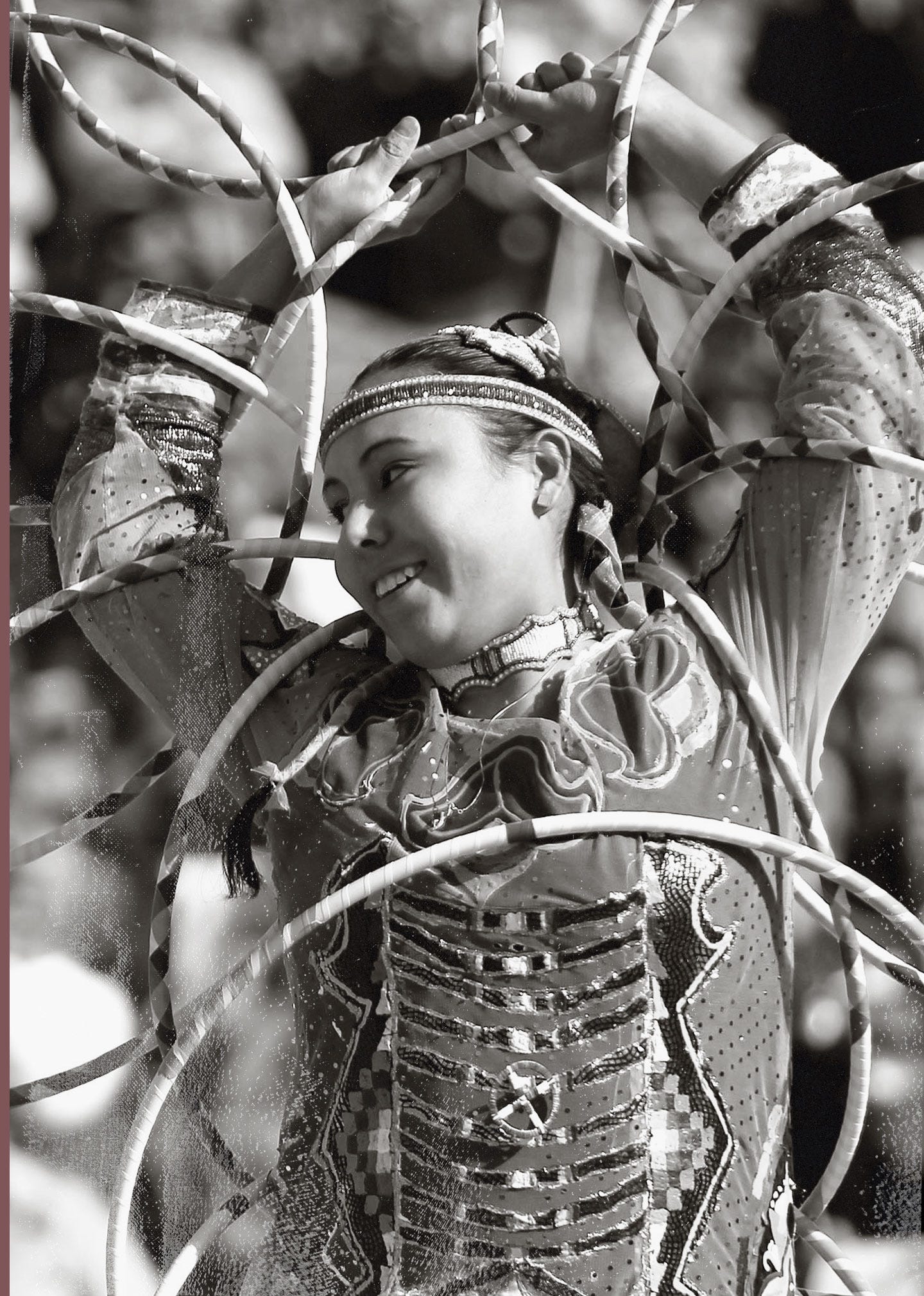
Jasmine Pickner-Bell is a world champion hoop dancer and a member of the Crow Creek Dakota Sioux Tribe. For at least 25 years, Pickner-Bell has been hoop dancing and educating others about the ceremony. She is part of a small group of women (traditionally hoop dancing was performed only by the men in the tribe) who hoop-dance across the country and the world.
Her father taught her how to hoop-dance along with her siblings. Starting with one hoop as a child, Pickner-Bell now dances with 36 hoops. After her brother died, Pickner-Bell won a world championship in hoop dancing in his memory. Much like her father, she wants to pass along the hoop dance to children to showcase the culture and encourage girls to go for their dreams.
Special thanks to Lindsay Linton Buk of the Women in Wyoming Project; Mary Humstone of the Alliance for Historic Wyoming; Tracey Patton of the University of Wyoming in Laramie; Wyoming state senator Affie Ellis; and state representative Cathy Connolly for helping to assemble this list.
Sources used in the Women of the Century list project include newspaper articles, state archives, historical websites, encyclopedias and other resources.
Corrections and Clarifications: A previous version of this story misspelled an author's name and misstated the focus of her work. It also misspelled the last name of Ray Fleming Dinneen.